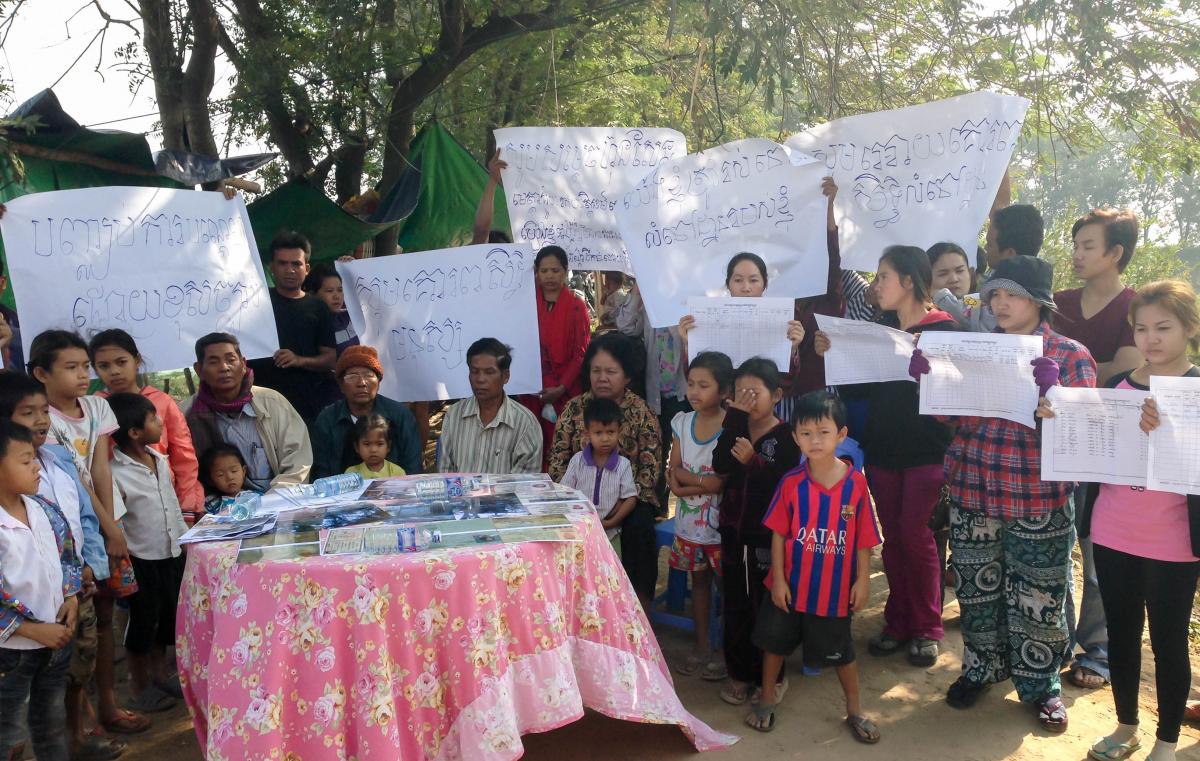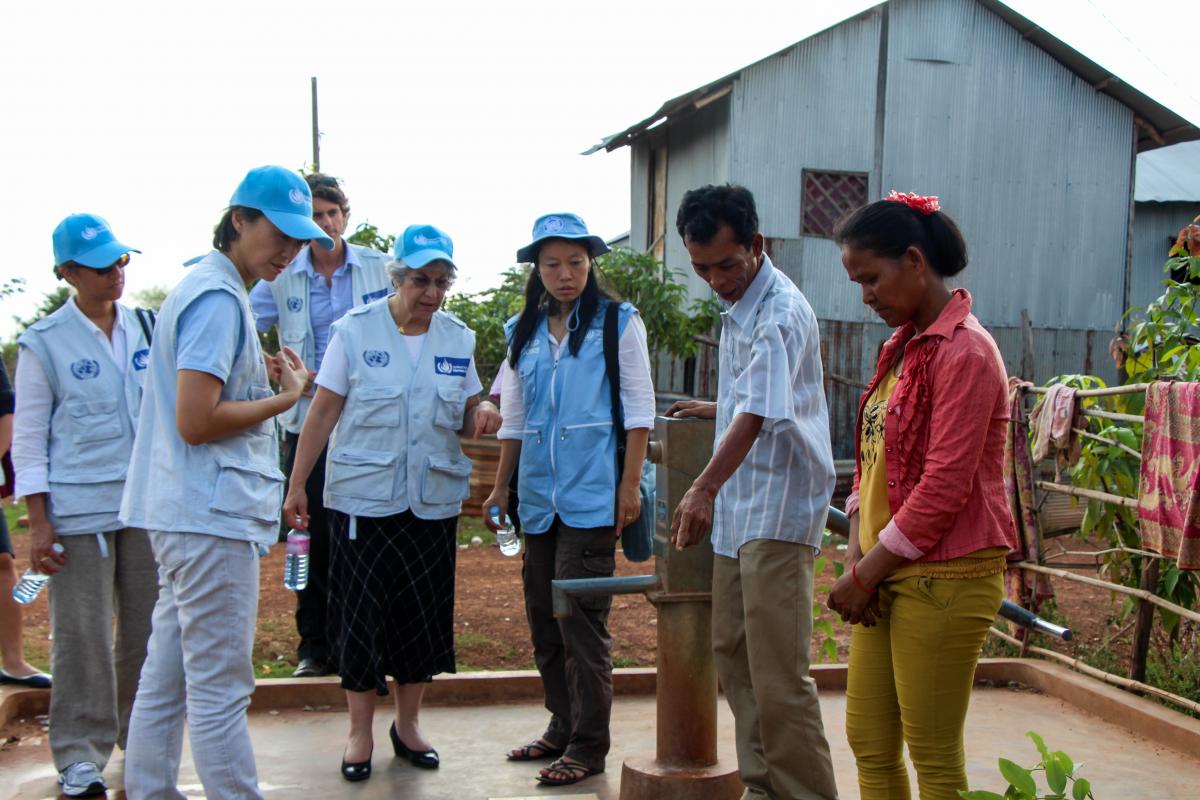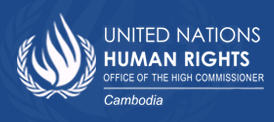The human right to adequate housing

As defined by the first Special Rapporteur on housing, “the human right to adequate housing is the right of every woman, man, youth and child to gain and sustain a safe and secure home and community in which to live in peace and dignity”.
More information on the work of the Special Rapporteur on housing can be found
here. This definition is in line with the core elements of the right to adequate housing as defined by
General Comment No. 4 of the United Nations Committee on Economic, Social and Cultural Rights (the body in charge of monitoring the implementation of the
International Covenant on Economic, Social and Cultural Rights in the States which are party to it).
According to the Committee, adequate housing includes:
- Legal security of tenure;
- Availability of services, materials, facilities and infrastructure;
- Affordability;
- Habitability;
- Accessibility;
- Location; and
- Cultural adequacy.

There is also a prima facie prohibition on forced evictions, as set out in
General Comment No. 7 (Forced Evictions). The Committee defined forced evictions as “
the permanent or temporary removal against their will of individuals, families and/or communities from the homes and/or land which they occupy, without the provision of, and access to, appropriate forms of legal or other protection.” It also stipulates conditions States must fulfil when evictions do take place.
OHCHR-Cambodia has published the
United Nations Commentary and Guidelines on Eviction and Resettlement in
(English/
Khmer). See also
Fact Sheet 21 and
Factsheet 25.
A toolkit on the right to adequate housing is now available on OHCHR's web site
. These pages gather in one place the housing rights material produced by OHCHR and other UN partners.
Issues such as forced evictions, displacement, homelessness, the right to adequate housing of specific
groups such as women, indigenous peoples and migrants are covered.
Voluntary Guidelines on the Responsible Governance of Tenure of Land, Fisheries and Forests in the Context of National Food Security is the first comprehensive, global instrument on tenure and its administration to be prepared through intergovernmental negotiations. The guidelines set out principles and internationally accepted standards of responsible practices for the use and control of land, fisheries and forests. Download the guidelines in
English |
Khmer.
The UN system in Cambodia also adopted a
Common Viewpoint on Resettlement and Evictions which defines the responsibilities and obligations of the Royal Government of Cambodia with regard to urban and rural resettlement and evictions, and aims to guide United Nations support in this regard.
Guidelines on the implementation of the right to adequate housing by the UN Special Rapporteur on adequate housing, Leilani Farha, at the 43rd session of the Human Rights Council

 As defined by the first Special Rapporteur on housing, “the human right to adequate housing is the right of every woman, man, youth and child to gain and sustain a safe and secure home and community in which to live in peace and dignity”.
As defined by the first Special Rapporteur on housing, “the human right to adequate housing is the right of every woman, man, youth and child to gain and sustain a safe and secure home and community in which to live in peace and dignity”. There is also a prima facie prohibition on forced evictions, as set out in General Comment No. 7 (Forced Evictions). The Committee defined forced evictions as “the permanent or temporary removal against their will of individuals, families and/or communities from the homes and/or land which they occupy, without the provision of, and access to, appropriate forms of legal or other protection.” It also stipulates conditions States must fulfil when evictions do take place.
There is also a prima facie prohibition on forced evictions, as set out in General Comment No. 7 (Forced Evictions). The Committee defined forced evictions as “the permanent or temporary removal against their will of individuals, families and/or communities from the homes and/or land which they occupy, without the provision of, and access to, appropriate forms of legal or other protection.” It also stipulates conditions States must fulfil when evictions do take place.